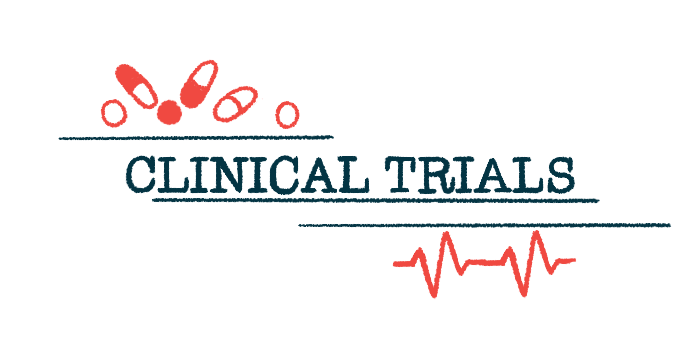Buntanetap Phase 3 study to move forward after positive safety review
Data from clinical trial in early Parkinson's expected by year's end
Written by |

Following a positive safety review, Annovis Bio‘s Phase 3 clinical trial testing oral buntanetap for the treatment of early-stage Parkinson’s disease can move forward as originally designed, the company announced.
That positive review came from the Data and Safety Monitoring Board (DSMB), an independent group of experts, which found no serious adverse events related to buntanetap’s use.
According to the DSMB’s feedback, each adverse event reported accounted for less than 2% of the total. The study also achieved a low dropout rate, of 6%.
Further, the enrollment of the study’s 523 participant was completed well ahead of the anticipated timeline, taking only nine months. The trial is expected to conclude in November, with topline data available by the end of the year.
“It’s exciting that our drug is proving to be safe, well-tolerated, is easily administered as a once-a-day pill and has therapeutic potential, all of which have important implications for the transformative treatment of all neurodegenerative diseases,” Maria Maccecchini, PhD, CEO of Annovis, said in a press release.
Clinical trial involves over 600 early-stage Parkinson’s patients
Buntanetap, previously known as ANVS401 or posiphen, is designed to reduce the levels of harmful protein clumps in the brain — such as those made of alpha-synuclein in Parkinson’s, and ones comprised of beta-amyloid and tau in Alzheimer’s disease.
The therapy works by blocking translation, the cellular process responsible for producing proteins based on DNA instructions.
In this Phase 3 clinical trial (NCT05357989), launched in August 2022, individuals with early-stage Parkinson’s were randomly assigned to receive either buntanetap or a placebo for up to six months. Participants given buntanetap are given the therapy at doses of 10 or 20 mg.
Treatments are given on top of each patient’s standard of care, and neither participants nor researchers know who is receiving the therapy or the placebo.
The study’s main goal is to evaluate buntanetap’s safety and tolerability, as well as functional changes, over the six months of treatments. The MDS-UPDRS part II and III scores, which evaluate activities of daily living and motor function, were used for the assessments.
The trial also is analyzing total MDS-UPDRS scores and Participant Global Impression of Change (PGIC), which consider patients’ views on a treatment’s efficacy.
It’s exciting that our drug is proving to be safe, well-tolerated, is easily administered as a once-a-day pill and has therapeutic potential.
Since the first patient was dosed last year, more than 640 people were screened for the trial. A total of 523 were enrolled in the nine months after recruitment started.
In all, patients were treated at 67 sites: 43 in the U.S. and 24 in the European Union.
The DSMB safety evaluation was planned to occur when 150 patients completed two months of treatment — but by that time, the company had already enrolled 414 patients.
According to Annovis Bio, the large number of patients enrolled and the low dropout rate can be attributed to several factors, including the convenience of taking one pill daily. Other reasons cited by the company are treatment safety and efficacy, and the positive results in body and motor function seen during a Phase 1/2 trial (NCT04524351).
The Phase 3 trial was approved in July 2022 by the U.S. Food and Drug Administration, which also gave a green light to a similar trial planned by the company in patients with late-stage Parkinson’s.



